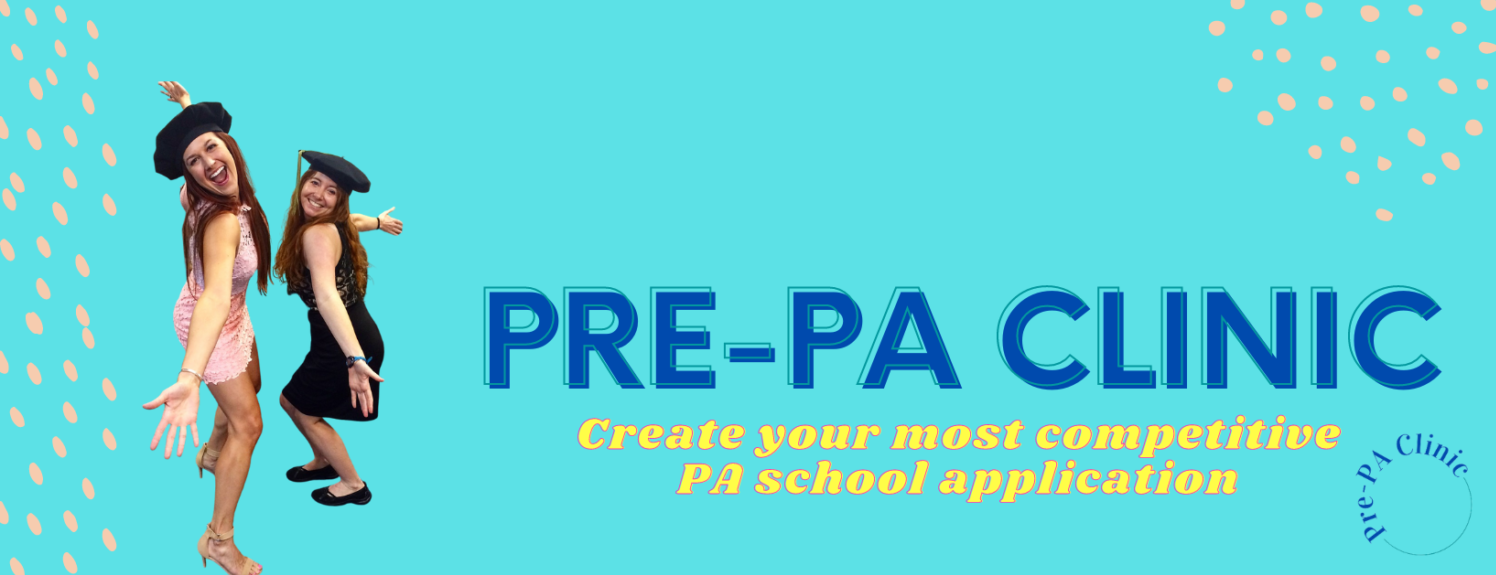
Taking a gap year between undergrad and PA school can be a strategic decision that enhances your application and prepares you for the challenges of PA school. But to make the most of this time, it’s important to plan ahead and be intentional about how you spend your gap year.
How to Handle a Gap Year Between Undergrad and PA School
Taking a gap year between undergrad and PA school can be a strategic decision that enhances your application and prepares you for the challenges of PA school. But to make the most of this time, it’s important to plan ahead and be intentional about how you spend your gap year.
Why Take a Gap Year?
- Strengthen Your Application: Whether it’s gaining more patient care experience, boosting your GPA, or rounding out your volunteer work, a gap year gives you the chance to become a more competitive applicant.
- Gain Practical Experience: Working in healthcare, shadowing PAs, or volunteering can give you valuable hands-on experience that strengthens your application. Many PA schools require a certain number of patient care hours, and a gap year can help you meet or exceed these requirements.
- Avoid Burnout: If you’ve spent the last four years focusing on academics, taking a year to refresh, work, and refocus before PA school might be just what you need to avoid burnout.
Maximizing Your Gap Year
- Gain Patient Care Experience:
- If you don’t yet have the required patient care hours, this should be your top priority. Work as a patient care technician, EMT, medical assistant, or in another role that provides direct patient care. The more exposure you have to patient interactions, the stronger your application will be.
- Pro Tip: Choose roles that allow for growth or leadership, such as training new hires or taking on additional responsibilities, to demonstrate your ability to take initiative and work as part of a healthcare team.
- Shadow PAs:
- Shadowing PAs is essential to demonstrate your understanding of the profession. Use your gap year to shadow PAs in different specialties. This will not only give you a well-rounded view of the profession but also help you decide which areas of healthcare you’re most passionate about.
- Take Additional Coursework:
- If your GPA is below what you’d like it to be, consider taking additional science courses during your gap year to boost your academic credentials. Classes like biochemistry, anatomy, or other advanced sciences can improve your GPA and demonstrate to PA schools that you can handle rigorous academic work.
- Volunteer:
- Volunteering, particularly in underserved or global health settings, can help round out your application. Programs like AmeriCorps, the Peace Corps, or local community health initiatives allow you to give back while gaining meaningful experience in healthcare.
- Prepare for the GRE:
- If the PA programs you’re applying to require the GRE, use your gap year to prepare and excel in the exam. A strong GRE score can complement your GPA and patient care experience, making you a more competitive applicant.
Presenting Your Gap Year on Your Application
- Experience Paragraphs: In the experience section of your CASPA application, make sure to highlight the skills and experiences you gained during your gap year. Be specific about your role in patient care, any leadership responsibilities, and how these experiences prepared you for the PA profession.
- Personal Statement: Use your personal statement to reflect on how your experiences solidified your desire to become a PA. Highlight key moments, such as meaningful patient interactions or realizations during shadowing, to illustrate your growth and dedication to the field.
- Interviews: Be prepared to discuss your gap year experiences during interviews. Admissions committees will want to know how you spent your time and how it has prepared you for the challenges of PA school.
By using your gap year strategically, you can significantly improve your chances of being accepted into PA school while also gaining valuable experience that will benefit you in your future career.

